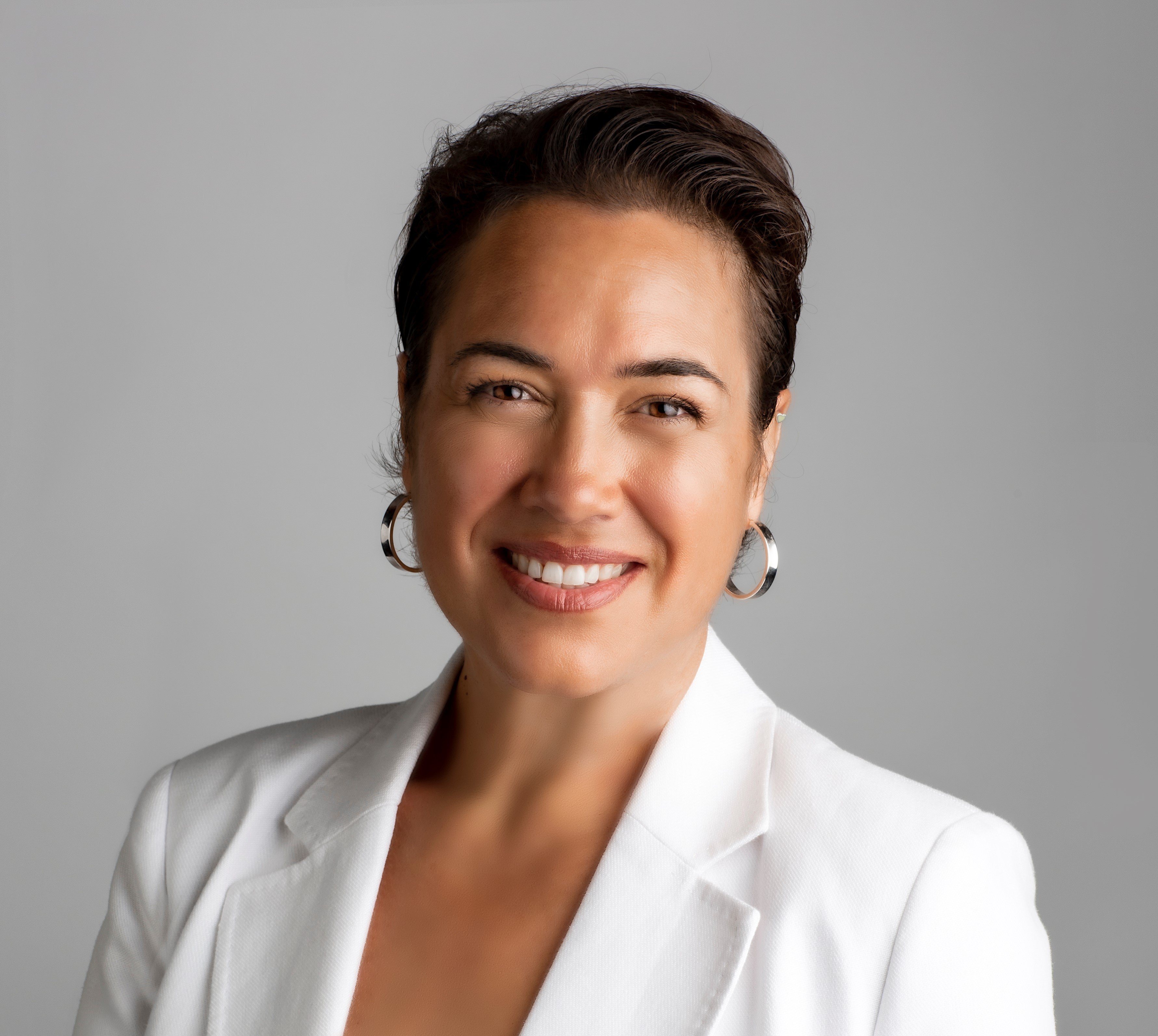Catherine Liddle: Culture and Healing are Key to Addressing Trauma for Children

#CAMH Keynote
Catherine Liddle
Chief Executive Officer for SNAICC - National Voice for Our Children
An Arrernte/Luritja woman from Central Australia, Catherine has a strong background in senior management positions with First Nations organisations. Catherine has also held senior roles within the Northern Territory Education Department, the ABC, and NITV/SBS. A journalist by trade, Catherine’s motivation has always been to drive change that leads to positive outcomes and options for First Nations people. Over the past 10 years she has led multidisciplinary teams, overseen workplace transformations, and advocated for policy reform.
Sign in at the bottom of the page to instantly get access to her presentation from this year's Child & Adolescent Mental Health Conference below.
Cultural connection, positive self-identity and a sense of belonging within family and community are the bedrock of health and wellbeing for Aboriginal and Torres Strait Islander children.
Self-determination and cultural continuity for our communities and families are strongly linked to building resilience for our children and play an active role in promoting mental health and addressing factors that contribute to the tragically high incidence of suicide for Aboriginal and Torres Strait Islander young people. If we are to improve outcomes, Aboriginal and Torres Strait Islander people and perspectives must be at the heart of systems that impact children.
The strengths of Aboriginal and Torres Strait Islander communities to care for children and support their positive self-identity, health and development have been undermined by the historical and continuing separation of children from their families, communities and cultures. If we don’t know who our mob and our families are, we are harmed. This harm carries forward across generations, impacting child health and wellbeing.
Australia’s child protection systems are continuing to remove Aboriginal and Torres Strait Islander children at alarming rates. Our children are now 11 times more likely to be living in out-of-home care. Only 42% of these children are placed with Aboriginal and Torres Strait Islander carers. This percentage is dropping every year, and many states and territories are increasingly using permanent care and adoption orders which can sever vital cultural connections for our children.
Healing and preventative approaches are needed that remove barriers for our families to bringing children up strong in culture. These include direct supports to children that respond to their individual experiences of trauma, as well as family and community-level healing and support services.
Efforts to advance safety and wellbeing for children must be driven by the cultural authority of Aboriginal and Torres Strait Islander families and communities, who know best what is needed for our children to thrive. The rights of children to grow up connected to their culture must be protected, and the strengths and knowledge of Aboriginal and Torres Strait Islander people to care for and bring up children strong in culture must be at the forefront of practice.
